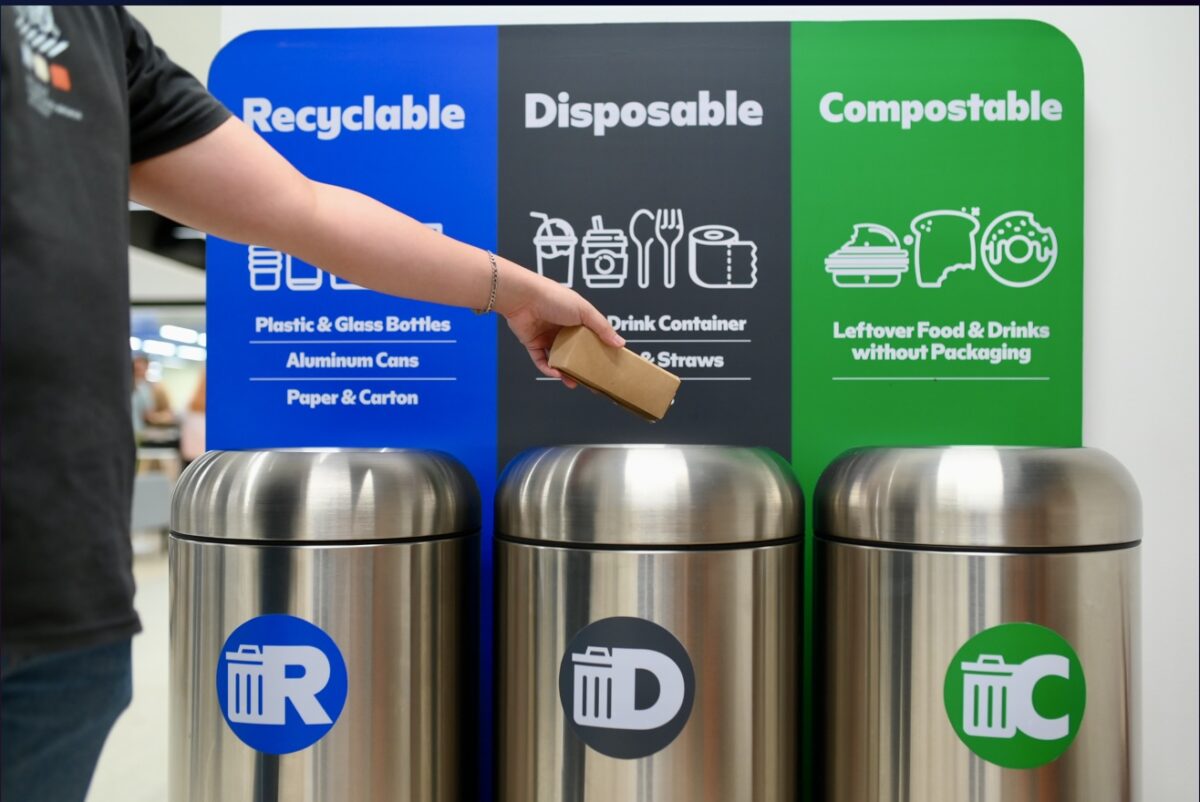
Waste doesn’t just disappear once discarded—landfills continue to grow, emitting greenhouse gases and posing risks to nearby communities. Recognizing this, SM Supermalls is committed to minimizing its environmental footprint through #SMWasteFreeFuture, a multi-faceted approach to waste management that transforms trash into resources.
At the forefront of this initiative are the Recyclable, Disposable, and Compostable (RDC) bins placed across SM malls. These bins are more than just collection points—they serve as the starting point for an efficient waste recovery system.
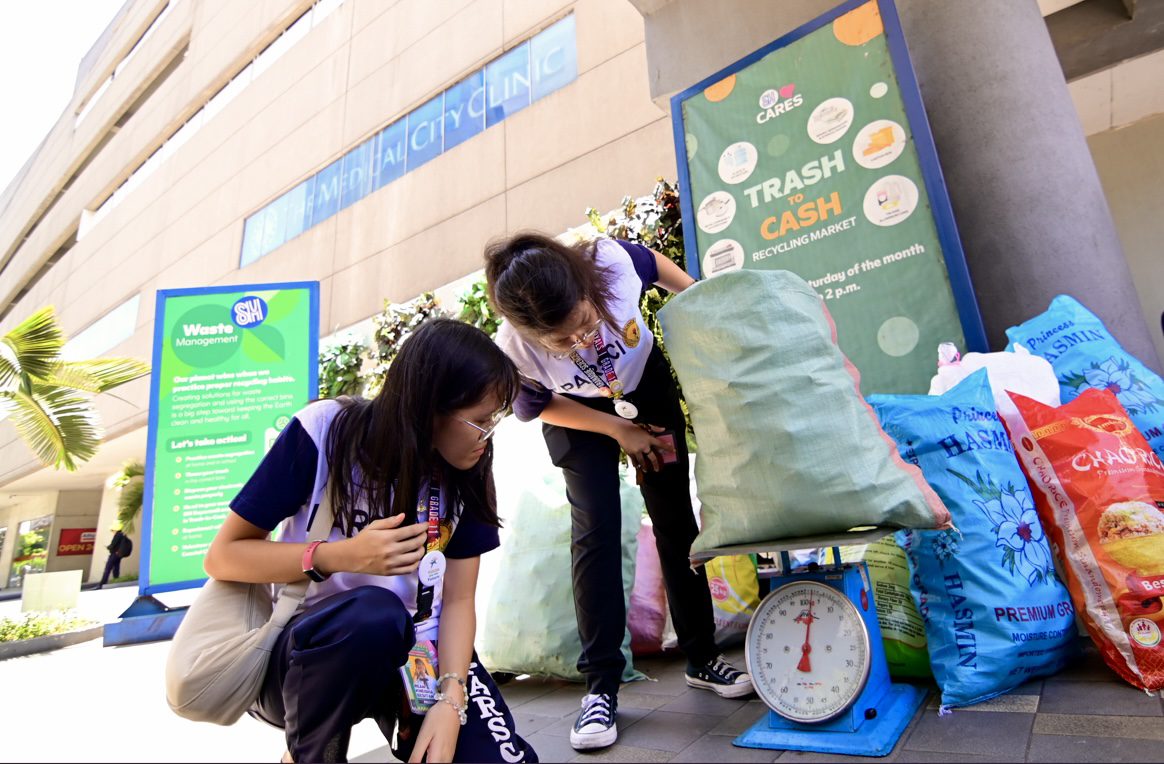
Recycling for a Circular Economy
To promote recycling, SM’s “Trash to Cash” program collects over 1 million kilograms of recyclables annually, including plastics and paper, reducing pollution while fostering a circular economy. Additionally, through a partnership with Trust International Paper Corporation, SM ensures that bulk paper waste is properly processed, diverting landfill waste equivalent to what 3,000 households generate in a year.
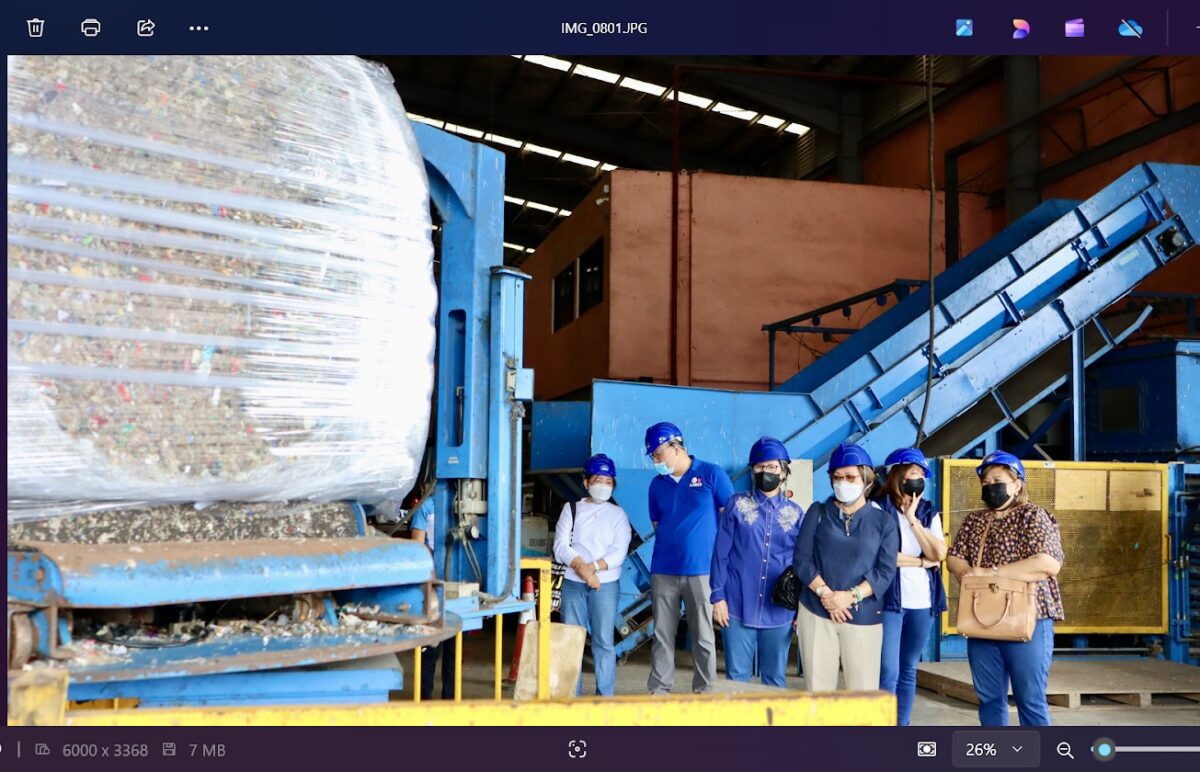
Waste-to-Fuel: An Innovative Solution
For non-recyclable waste, SM Prime collaborates with GUUN, a Japanese environmental solutions company, through SM GUUN Environmental Company, Inc. (SGECI). This partnership converts single-use plastics, used rags, and other disposable waste into “fluff fuel”, an alternative energy source for cement production. In 2024 alone, 6,000 metric tons of non-recyclable waste were processed into fluff fuel, reducing landfill dependence for 12,000 households.
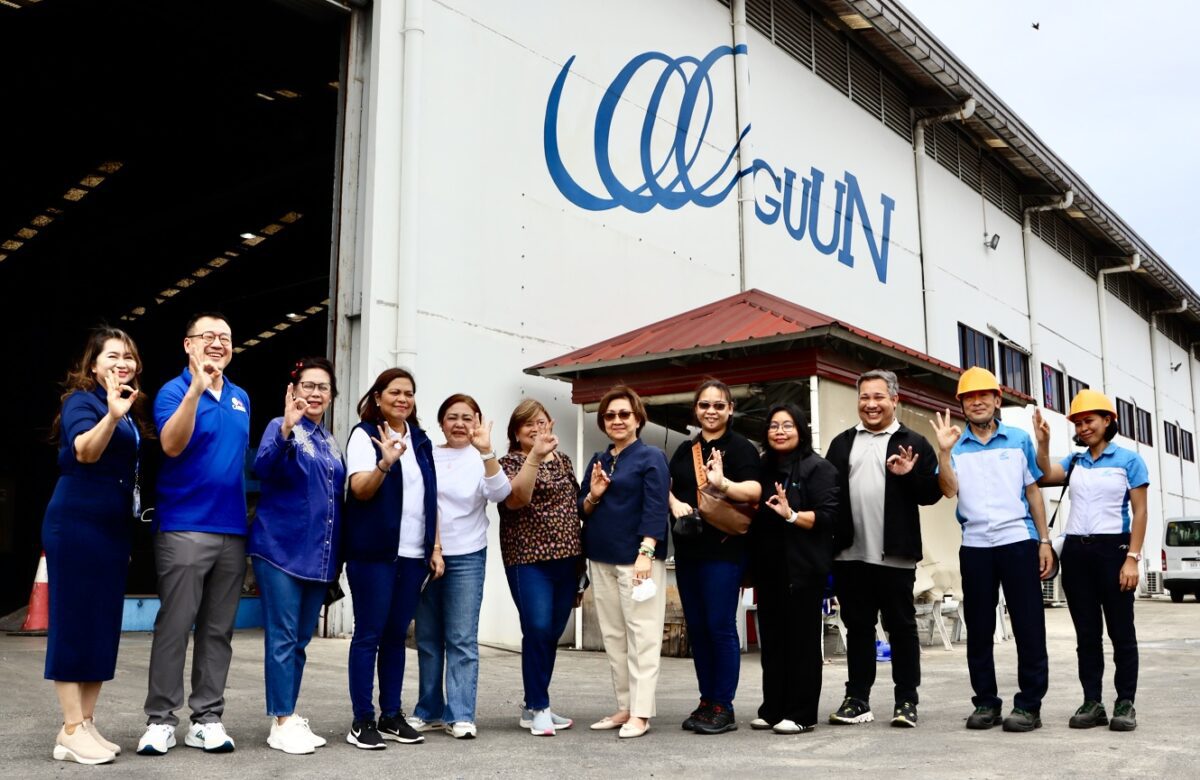
Cement companies such as APO Cement, Holcim, and Taiheiyo Cement utilize fluff fuel through co-processing, a method that not only replaces coal but also repurposes the resulting ash as a cement component. Recognizing the impact of this initiative, the Department of Environment and Natural Resources (DENR) has commended SM GUUN’s contribution to carbon footprint reduction and solid waste management.
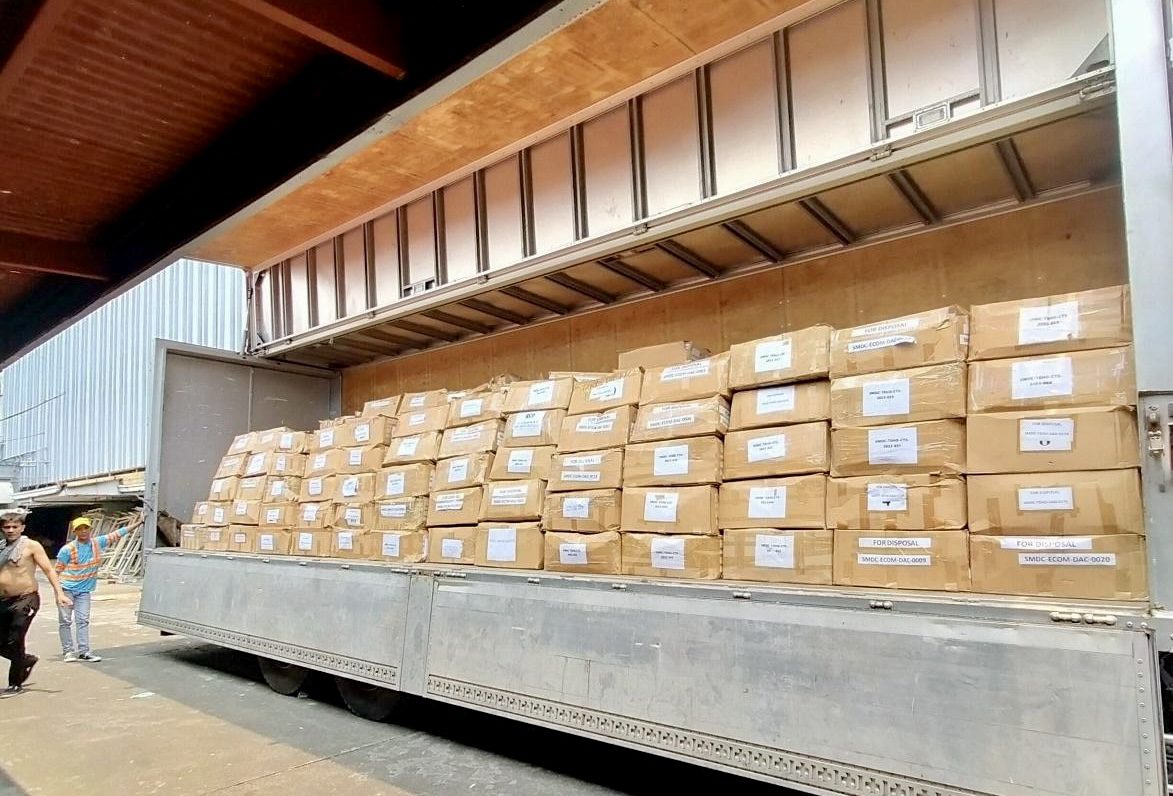
Composting for a Greener Future
To address food waste, SM GUUN is piloting an innovative Singaporean composting system in its malls and food courts. This system can reduce food waste volume by over 70% within 48 hours, producing nutrient-rich soil for urban landscapes, parks, and golf courses—turning organic waste into an environmental asset.
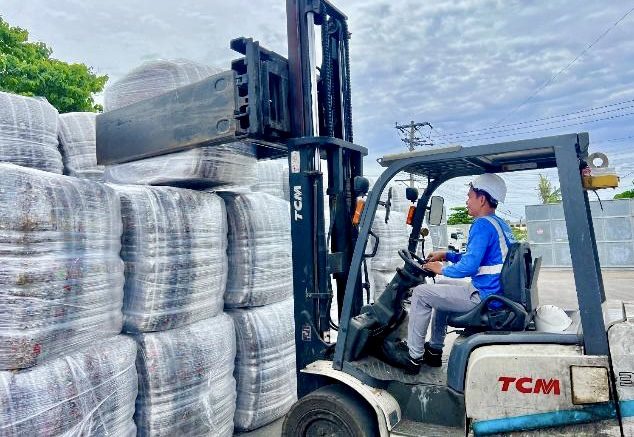
Engaging Communities for Sustainable Change
Beyond internal initiatives, SM actively involves customers through programs like Plastic Waste Collection, E-Waste Collection, and estero and coastal cleanups. These efforts align with government regulations, including RA 9003 (Ecological Solid Waste Management Act) and RA 11898 (Extended Producer Responsibility Act), reinforcing the importance of responsible waste management.
With its Bin it Right campaign and ongoing innovations, SM continues to pave the way for a sustainable, waste-free future—one where waste is not just discarded, but repurposed into something valuable.



Loading…